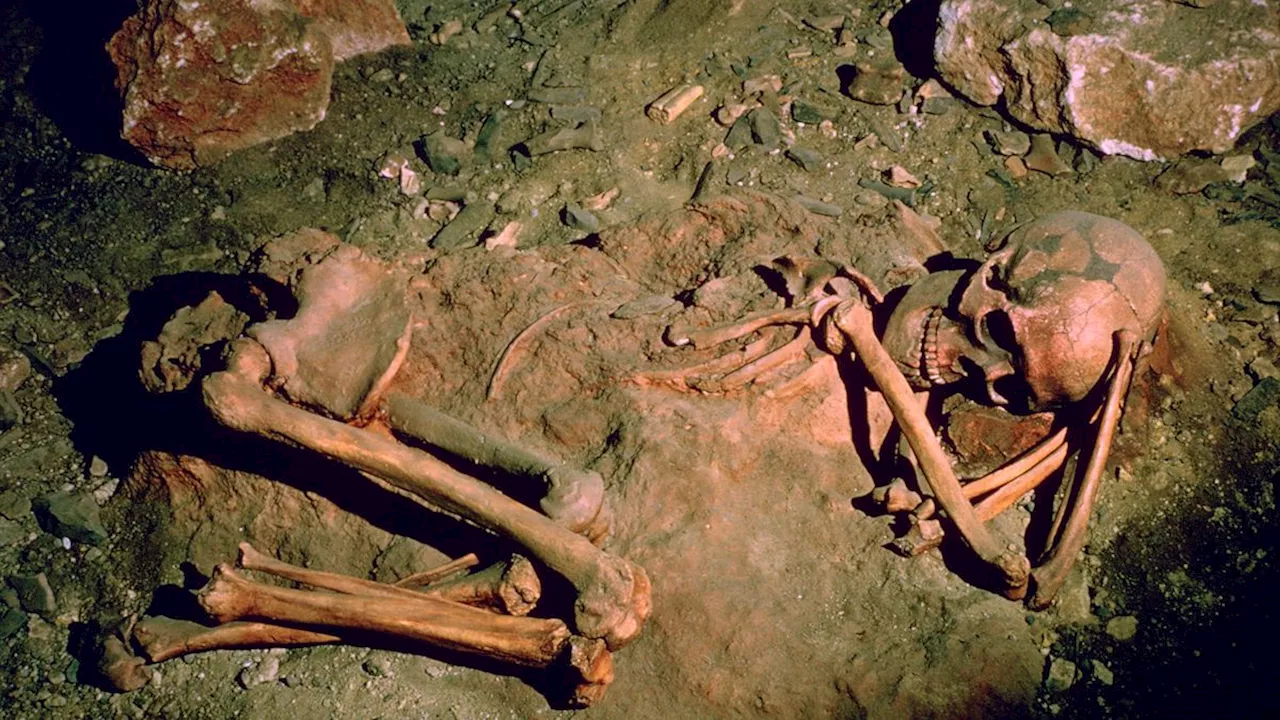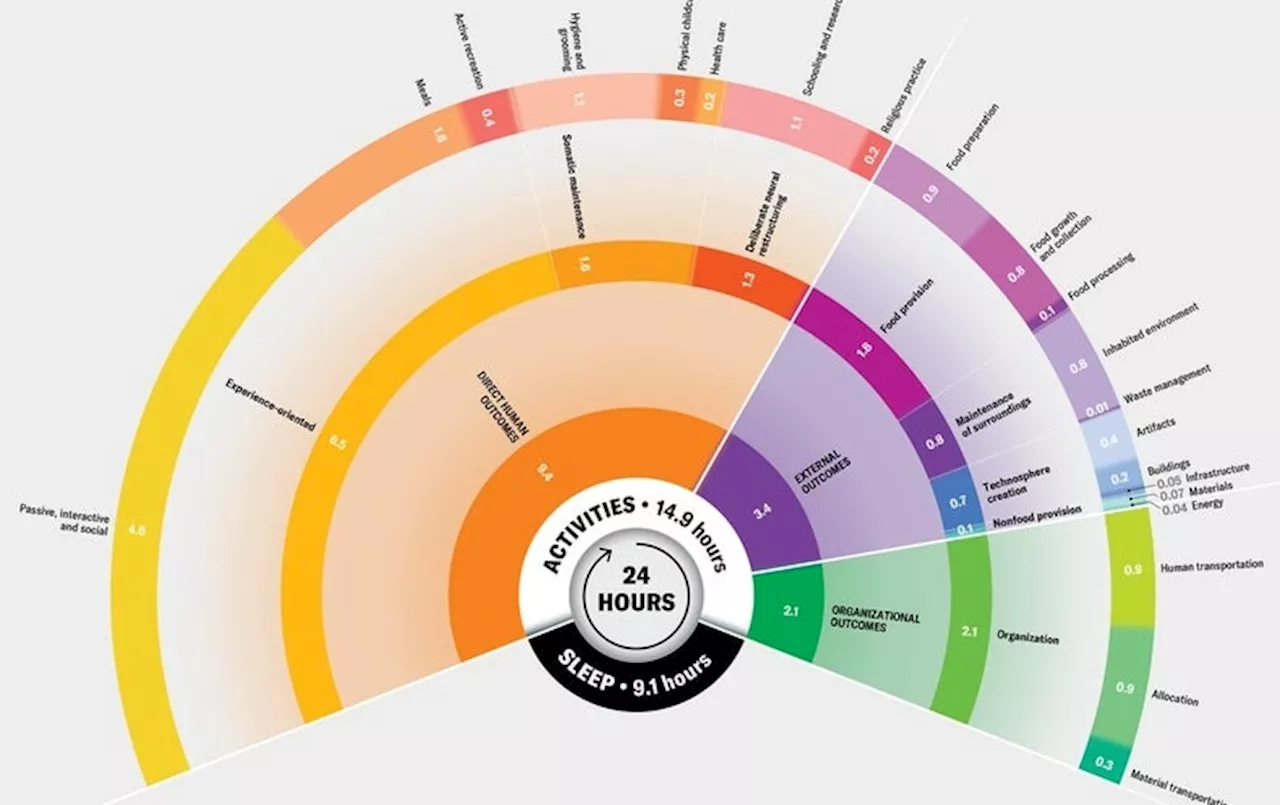A new study calculated the average “global human day,” revealing which activities take up most of our time
Every human on Earth has the same 24 hours to spend in a day—but the way we divide those hours for work and sleep and school and play varies a lot. Scientists recently compiled the available data about how people around the world allocate their time and used them to define the average “global human day.
Activities such as agriculture took up much more time in poorer countries than in wealthier ones, whereas others such as human transportation were fairly constant everywhere. Ultimately the study found that relatively little time—about five minutes per average human day—goes to activities that directly alter the environment and climate change, such as extracting energy and dealing with waste, suggesting an opportunity to put in more time to help the planet.
Deutschland Neuesten Nachrichten, Deutschland Schlagzeilen
Similar News:Sie können auch ähnliche Nachrichten wie diese lesen, die wir aus anderen Nachrichtenquellen gesammelt haben.
 Bobi, world's oldest dog and Guinness World Record holder, dead at 31Pet lovers were devastated to learn that Bobi, the world’s oldest living dog and world’s oldest dog ever, passed away over the weekend — just months after his 31st Birthday.
Bobi, world's oldest dog and Guinness World Record holder, dead at 31Pet lovers were devastated to learn that Bobi, the world’s oldest living dog and world’s oldest dog ever, passed away over the weekend — just months after his 31st Birthday.
Weiterlesen »
 AI detected a supernova without help from humansA new AI-powered supernova detection system just detect its first supernova and could revolutionize how we search for exploding stars.
AI detected a supernova without help from humansA new AI-powered supernova detection system just detect its first supernova and could revolutionize how we search for exploding stars.
Weiterlesen »
 Wedding banquet parable reveals why humans should accept God’s love, says South Carolina priestFr. Jeffrey Kirby of South Carolina reflected on the Parable of the Wedding Banquet, a story about a king who banishes improperly dressed guests to a wedding.
Wedding banquet parable reveals why humans should accept God’s love, says South Carolina priestFr. Jeffrey Kirby of South Carolina reflected on the Parable of the Wedding Banquet, a story about a king who banishes improperly dressed guests to a wedding.
Weiterlesen »
 Early Adopters Love Robotaxis, But Most Think Humans Drive BetterOnly 27 percent of Americans are comfortable about sharing the road with autonomous vehicles, and 60 percent of riders say that they drive worse than humans
Early Adopters Love Robotaxis, But Most Think Humans Drive BetterOnly 27 percent of Americans are comfortable about sharing the road with autonomous vehicles, and 60 percent of riders say that they drive worse than humans
Weiterlesen »
 Orcas that hunted alongside humans might be extinctPatrick Pester is a freelance writer and previously a staff writer at Live Science. His background is in wildlife conservation and he has worked with endangered species around the world. Patrick holds a master's degree in international journalism from Cardiff University in the U.K.
Orcas that hunted alongside humans might be extinctPatrick Pester is a freelance writer and previously a staff writer at Live Science. His background is in wildlife conservation and he has worked with endangered species around the world. Patrick holds a master's degree in international journalism from Cardiff University in the U.K.
Weiterlesen »
 When did humans start burying their dead?Patrick Pester is a freelance writer and previously a staff writer at Live Science. His background is in wildlife conservation and he has worked with endangered species around the world. Patrick holds a master's degree in international journalism from Cardiff University in the U.K.
When did humans start burying their dead?Patrick Pester is a freelance writer and previously a staff writer at Live Science. His background is in wildlife conservation and he has worked with endangered species around the world. Patrick holds a master's degree in international journalism from Cardiff University in the U.K.
Weiterlesen »
